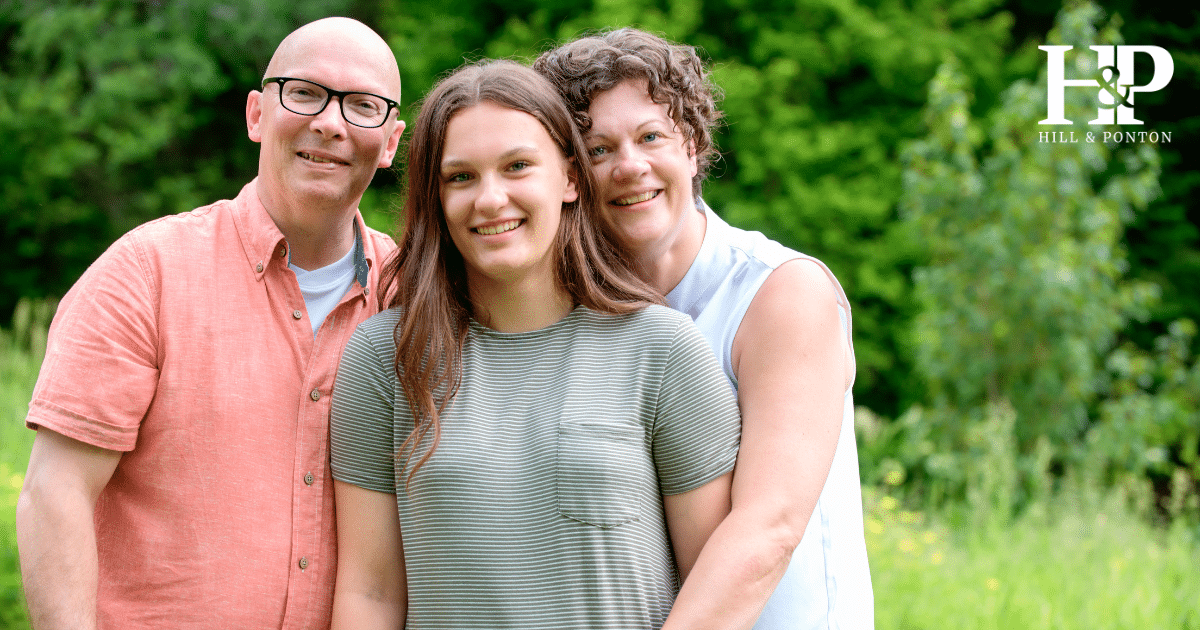As you may know, there are special VA benefits that are available to surviving family members of a veteran after the veteran’s death. These benefits are based upon a qualifying relationship to the veteran (it is important to note that the veteran must also meet the eligibility criteria for VA benefits discussed in previous posts). What this means is that dependents or a spouse of a veteran are not entitled to VA benefits in their own right – the entitlement flows through the veteran. Today we are going to briefly discuss who can qualify as a spouse or surviving spouse of a veteran.
First of all, in order to qualify as a spouse or surviving spouse of a veteran, the marriage must be valid. Note that the federal statute defining marriage for the purposes of VA law specifies that a marriage must be between members of the opposite sex, but the validity of that law is questionable in the wake of recent court decisions.
In order to determine if a marriage is “valid” the VA will look to the law of the place where the couple resides, meaning that if a veteran and his spouse live in a state where common law marriage exists, that marriage would be valid for the purposes of VA benefits. There are also certain circumstances in which a surviving spouse’s marriage to a veteran will be “deemed valid” by the VA even if it was technically not a valid marriage at the time of the veteran’s death. For instance, if the surviving spouse believes that she was common law-married to the veteran even though common law marriage is not recognized in their state, the VA may deem that marriage valid for the purposes of VA benefits.
It is also important to note that when a veteran submits an initial claim for benefits, he or she may also fill out VA Form 686c, the Declaration of the Status of Dependents. If this form is filled out completely and accurately, it is typically all the VA needs as proof that a marriage is valid. If not, or often if the veteran or the spouse had previous marriages, the VA may ask for more proof, such as a marriage certificate and/or copies of divorce decrees. Form 686c is important because a veteran’s benefit amount increases depending on the number of dependents (but note, the benefit will then be decreased if the veteran divorces his or her spouse or when his or her children reach the age of 18 or graduate college). For that reason, it is important to make sure that the form is filled out accurately and you update the VA whenever a dependent needs to be added to or removed from your award.
In addition to the requirement of a valid marriage, a surviving spouse may have to satisfy additional requirements in order to qualify for benefits available to him or her after the veteran’s death. One of these requirements is that a surviving spouse must have been married to a veteran for at least one year before the death of the veteran unless the marriage occurred before or during the veteran’s service or if the couple had a child at any time. Another requirement is known as “continuous cohabitation.” This means that the veteran and the surviving spouse must have been living together at the time of the veteran’s death, or if they were living apart, it was under a situation that does not show an intent on the part of the surviving spouse to desert the veteran (such as for work or medical reasons) or they were living apart due to marital discord but the surviving spouse was not materially at fault in the separation. It is also important to note that there are certain circumstances in which the surviving spouse of a veteran is able to remarry after the death of the veteran and still be eligible for VA benefits.
Now that you have a better idea of the VA requirements for a spouse to be eligible for VA benefits, in the next post we will discuss the specific benefits that are available to a surviving spouse of a veteran.




